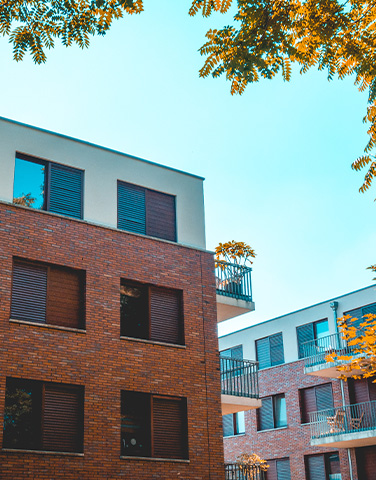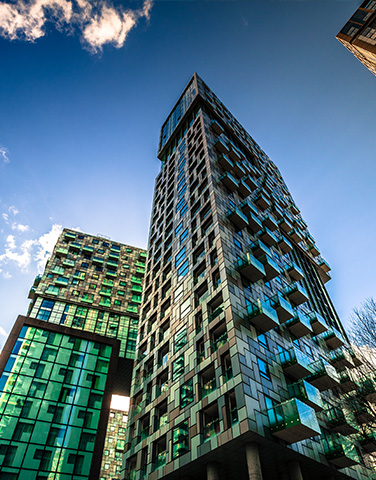
Leasehold enfranchisement solicitors
Our multi-award winning leasehold enfranchisement solicitors can help you protect and enhance the value in your property.
Leasehold enfranchisement allows leaseholders to buy the freehold of their property, or to extend its lease. It’s a complex area of law for both landlord and tenants, requiring expert guidance. Our specialist enfranchisement lawyers advise landlords and leaseholders on a wide range of claims. Whether making house claims, collective claims, rights of first refusal or right to manage claims, our dedicated team has extensive experience.
We also provide strategic advice to developers on how to avoid the risk of enfranchisement. This includes the potential impact of the regime on mixed-use properties.
Our experience includes leading cases such as Hosebay in the Supreme Court, Sportelli in the House of Lords and Mundy in the Court of Appeal.
How we can help
We keep it simple. Our expert advice is clear and jargon free. Our enfranchisement solicitors can assist with:
- Buying your freehold
- Extending the lease of your house
- Lease extensions of individual flats
- Buying the freehold of a block of flats (collective enfranchisement)
- Right to manage claims
- Court and tribunal proceedings
- Rights of first refusal
- Property management and investment
- Commonhold schemes

The Building Safety Act guidance
Talk to us about
Related services
Related sectors
Key contacts
Our leasehold enfranchisement experience
Our client successes

Defending leaseholder rights to acquire ‘common parts’
3 min
Read about an important victory secured for our leaseholder clients concerning the definition of common parts.
How we made a difference
Related thinking
Frequently asked questions
To be a qualifying tenant you must own a long lease which, when originally granted, was for a term of 21 years or more. You do not qualify if:
- you own 3 or more flats in the building
- you hold a business lease To qualify the building must:
- be an independent building, or part of a building, which is capable of independent development
- contain two or more flats held by qualifying tenants
- have at least 75% of the internal floor space used for residential purposes
- have at least two-thirds of the flats in the building held by qualifying tenants
The building does not qualify if:
- it comprises 4 or less flats and there is a “resident” freeholder
- the building is part of an operational railway
Yes, unless the buildings are linked into such a way whereby they might be deemed to constitute one building.
This only matters if there are less than four flats in the building and one of them is occupied by your landlord. If that is the case the building does not qualify.
Yes. It was at one time necessary that at least one half of the participating tenants should fulfil a residence condition. This has now been abolished.
Yes. It is a popular misconception that you need to have owned the lease of your flat for a period of at least two years in order to be a participating tenant in a collective claim.
Many tenants decide to apportion all costs on the same basis on which the premium is apportioned, or alternatively they can be split equally; there is no set rule. Again, whatever is decided should be properly documented in the participation agreement.
No. This had been envisaged in the Right to Enfranchise legislation in the Commonhold and Leasehold Reform Act 2002 but the provisions of this part of that Act have not been brought into force.
Contact us
If you have a question or need advice, please let us know how we can help.




















